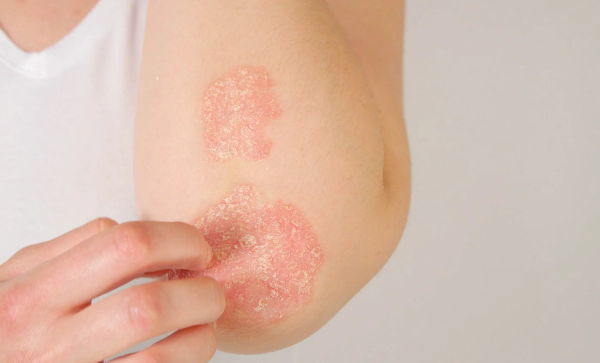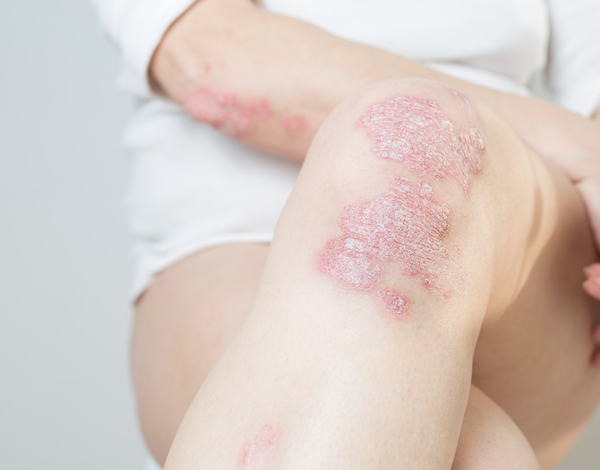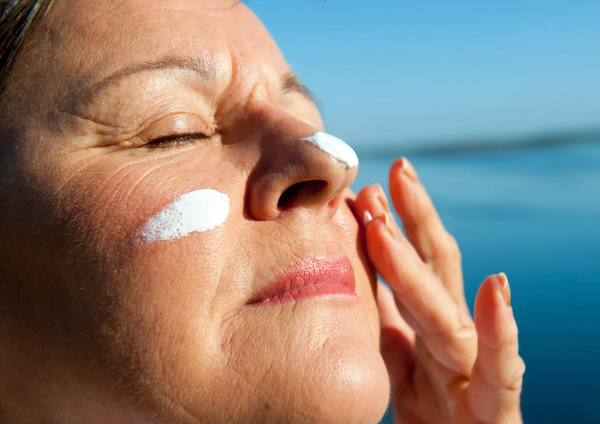Psoriasis treatment by a dermatologist
Psoriasis is a chronic skin disease that can be both physically and mentally taxing.
At Dr. Dropin, we offer fast and effective treatment of psoriasis, tailored to your individual needs.
Our experienced dermatologists will help you understand your condition, relieve symptoms and improve your quality of life.
Book an appointment:
Image consultation 495,–Video consultation 995,-Dermatologist in clinic 1595,-








